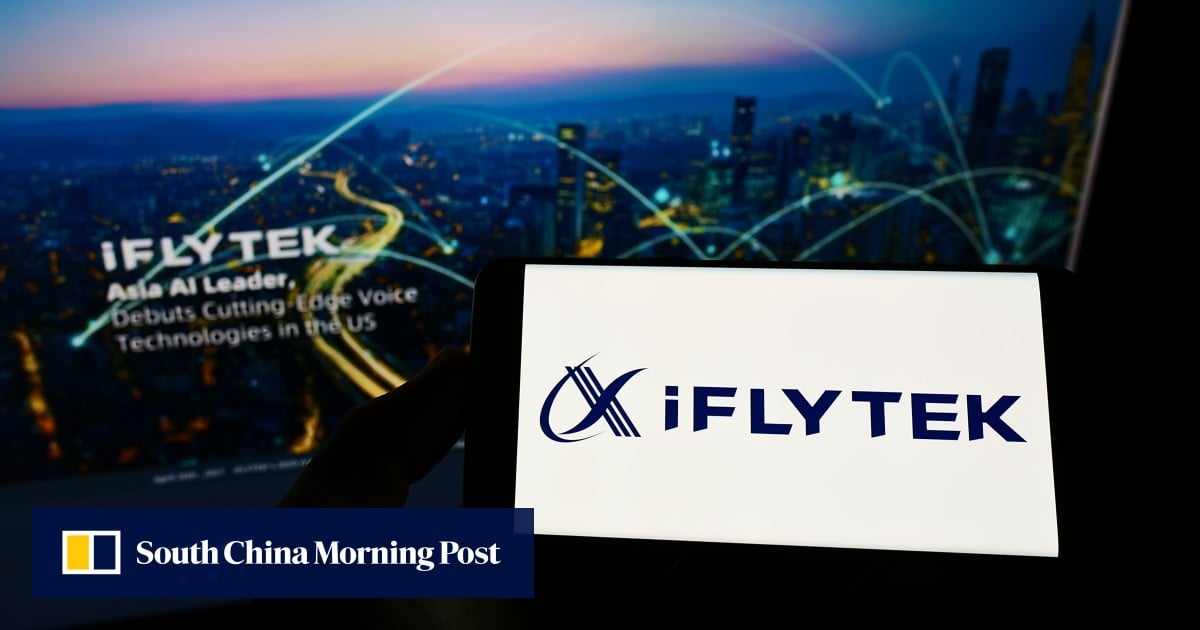“How far we can go hinges on whether we have self-developed, controllable foundational capabilities to support [AI development],” Liu said on Thursday at a ceremony where iFlyTek unveiled its updated Xinghuo model.
In his keynote speech, Liu noted that US restrictions on technologies that contribute to the development of LLMs – the underpinning of AI products like OpenAI’s ChatGPT – emphasises the imperative for China to develop its own computing infrastructure for AI training. US sanctions have restricted exports to China of certain technologies, most notably the advanced Nvidia GPUs that have helped fuel the AI boom in recent years.
Liu told the audience that the firm’s Xinghuo models were trained on a computing platform dubbed Feixing Yihao, which is based on Huawei’s Ascend computing solutions.
Analysts have said the Ascend solution is China’s best shot so far in developing home-grown AI infrastructure. There is also increasing support from state-backed firms as they place orders for Ascend-powered projects, said Li Yangwei, a Beijing-based technical consultant working in intelligent computing.
Yet Huawei’s hardware still lacks the vibrant developer community of Nvidia’s Cuda platform, the software that supports AI compute processes on the company’s GPUs, according to Li.
“The chance for Huawei to catch up with Nvidia is minimal if it doesn’t solve the issue,” Li said.
At the unveiling of Xinghuo 4, iFlyTek’s Liu boasted that the new model’s capabilities can match those of GPT-4 Turbo, one of the most advanced models from OpenAI, which was launched more than eight months ago.
Xinghuo 4 has already been put to practical use in various business scenarios, including healthcare, where it has assisted doctors and patients with diagnosing and treatment, according to a presentation at the event.







